Protein does more than just help muscles grow. At the cellular level, protein helps repair tissues. The body also needs protein in the form of enzymes to aid in digestion, muscle contraction, blood clotting, and energy production. Protein also contributes to the formation of many hormones, which help keep skin and hair healthy, according to the health website Medical News Today (UK).
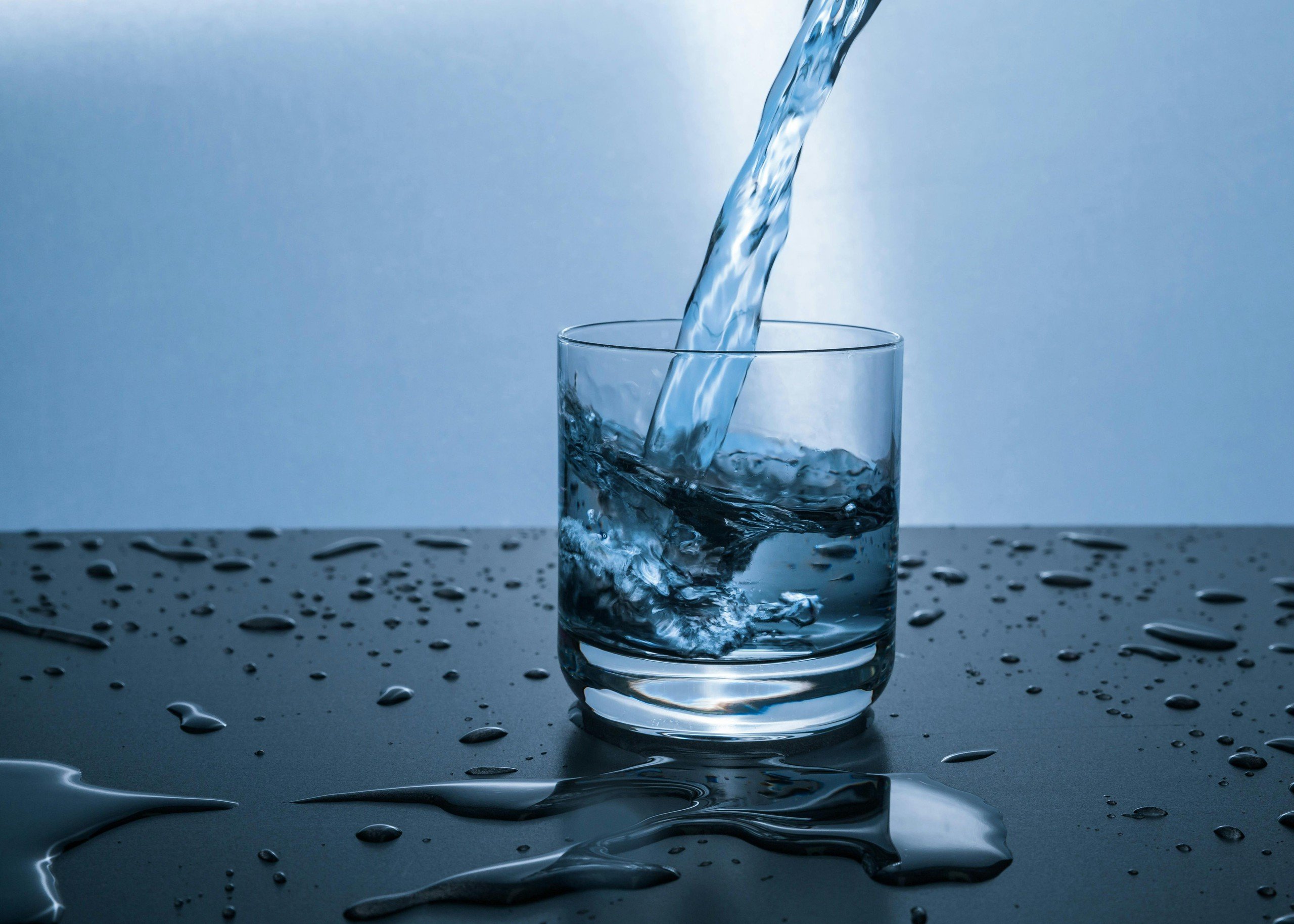
When consuming a lot of protein, the body needs a lot of water to eliminate excess protein and nitrogen generated from protein metabolism.
When you eat starch, your body converts it into glycogen. Each gram of glycogen retains 3 grams of water. If you eat a lot of starch, your body retains a lot of water. However, the opposite is true for protein. Eating too much protein can easily dehydrate your body.
The reason is that consuming too much protein can easily lead to excess protein. Not only that, the process of metabolizing protein in the body will create nitrogen. Excreting both excess protein and nitrogen at the same time will make the kidneys work harder and increase the need for water.
A study published in the Journal of the Academy of Nutrition and Dietetics found that high-protein diets can cause subtle dehydration that we may not even notice.
In the study, five men were asked to follow a high-protein diet (3.6 grams/kg of body weight per day), a moderate-protein diet (1.8 grams/kg of body weight per day), and a low-protein diet (0.8 grams/kg of body weight per day). The study lasted 4 weeks.
The team recorded factors that affect water intake, such as water intake, urination, blood urea nitrogen, plasma osmolality, urine specific gravity, and fluid balance. When these factors were eliminated, the team found that the high-protein diet caused more water loss than the moderate and low-protein diets.
In fact, dehydration can be affecting your body even if you don’t feel thirsty. For example, craving sweets can be a warning sign of dehydration. We need water to release stored energy, so when we’re dehydrated, our bodies turn to quick-acting energy sources like sugar. The result is a craving for sweets.
Dehydration can also cause headaches and difficulty concentrating. This is because the brain stores water and needs it to function properly. Instead of reaching for that cup of coffee, try drinking some water.
Another sign of dehydration is feeling tired. Dehydration causes a decrease in total blood flow. This means your heart has to work harder, which can cause fatigue, according to Medical News Today .
Source link


![[Photo] Readers line up to visit the photo exhibition and receive a special publication commemorating the 135th birthday of President Ho Chi Minh at Nhan Dan Newspaper](https://vphoto.vietnam.vn/thumb/1200x675/vietnam/resource/IMAGE/2025/5/17/85b3197fc6bd43e6a9ee4db15101005b)



![[Photo] Prime Minister Pham Minh Chinh chairs meeting on science and technology development](https://vphoto.vietnam.vn/thumb/1200x675/vietnam/resource/IMAGE/2025/5/17/ae80dd74c384439789b12013c738a045)
![[Photo] More than 17,000 candidates participate in the 2025 SPT Competency Assessment Test of Hanoi National University of Education](https://vphoto.vietnam.vn/thumb/1200x675/vietnam/resource/IMAGE/2025/5/17/e538d9a1636c407cbb211b314e6303fd)
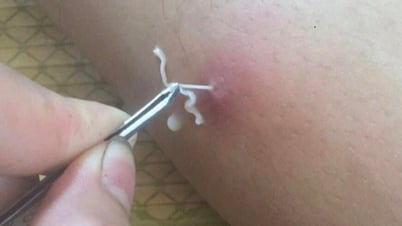

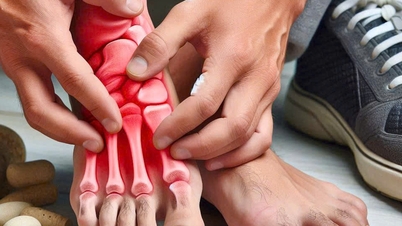
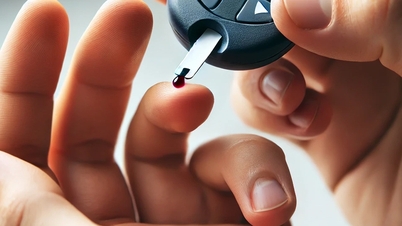



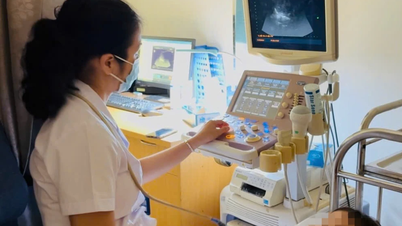



















![[Photo] Nearly 3,000 students moved by stories about soldiers](https://vphoto.vietnam.vn/thumb/1200x675/vietnam/resource/IMAGE/2025/5/17/21da57c8241e42438b423eaa37215e0e)






















































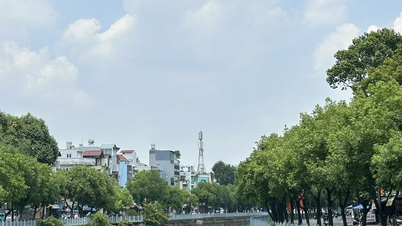















Comment (0)